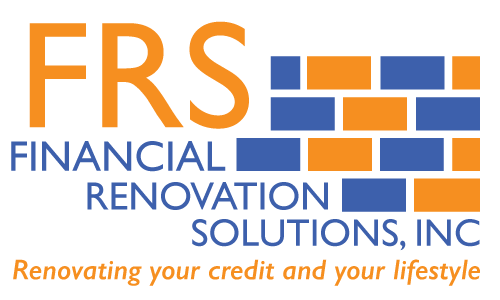Shawn Lane
Consumer Credit Expert
Credit has a huge influence over your day to day life. When your credit is in good shape, it can save you money on everything from your mortgage payment to your auto insurance premiums. On the other hand, bad credit can cost you money and may make it hard to qualify for loans, insurance policies, and even some jobs.
If you’ve made the decision to work toward earning better credit, kudos. Deciding to change is an important step in the right direction. But you should also be careful to avoid a common mistake that many people make when they set out to improve their credit — paying off collection accounts without a plan.
Of course, paying a legitimate collection account that you owe isn’t a bad thing. But paying collection accounts isn’t a credit repair plan. In fact, paying off your collection accounts might not improve your credit scores at all.
Paid Collections and Credit Reports
Paying a collection account doesn’t erase it from your credit reports. Instead, the collection agency is supposed to update the balance on the account to zero.
The collection — paid or unpaid — will remain on your report until seven years from the date you went into default with the original creditor. Paying doesn’t restart the clock.
Multiple Scores
Believe it or not, you have hundreds of different credit scores. The most popular credit scoring models among lenders are created by FICO. VantageScore is another popular score brand. Both FICO and VantageScore have multiple generations of scoring models and each model evaluates your credit report differently.
Under one scoring model, an action like paying a collection account may help your scores. Yet if the next lender uses a different scoring model to calculate your scores, paying off a collection might not have any impact.
Lenders Still Use Older Credit Scoring Models
Here’s where credit scoring often gets confusing for consumers. If you pay off a collection account and you pull your VantageScore or FICO 9 credit scores online, you might see those scores increase. That doesn’t mean your scores will be higher if a lender checks them.
Many lenders use older versions of FICO Scores, especially in the mortgage industry. Under older FICO scoring models, paying a collection account generally won’t have the same positive impact you might see if you use a newer scoring model online. So, if you’re trying to buy a home and you hope that paying off a few collections might improve your credit scores, you’ll likely be disappointed in the results.
Older versions of the FICO Score were designed to focus on the fact that collection accounts happened in the first place. They’re not so concerned with the balance of those accounts. A collection with a $500 balance or a $0 balance will have roughly the same negative credit score impact.
The Bottom Line
If a collection account is legitimate, you may want to pay it whether it helps your credit or not. (Some mortgage professionals recommend waiting to pay old collections until after closing on a home loan.)
But sometimes the collection accounts on your credit reports are not reported accurately. In fact, credit reporting errors occur far more frequently than most people realize.
If any information about a debt on your credit report seems questionable (date opened, balance, late payments reported, etc.), the Fair Credit Reporting Act gives you the right to dispute it with the credit reporting agencies. You can submit disputes on your own or you can hire a professional to handle the process for you.
Schedule a free credit analysis with FRS today to learn more about how our team can help.

